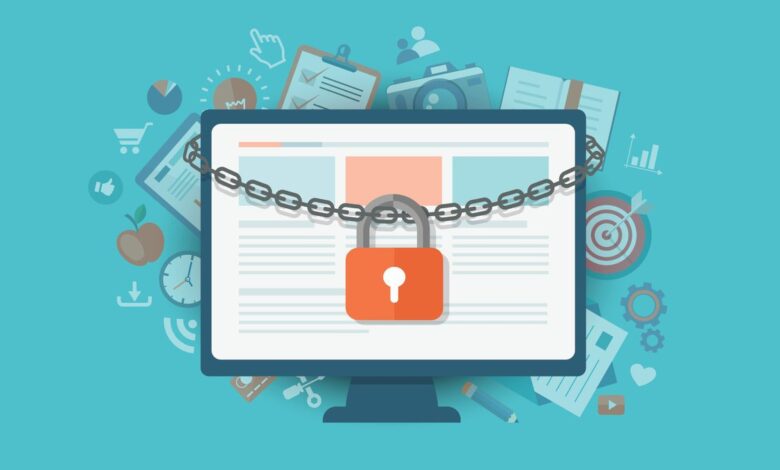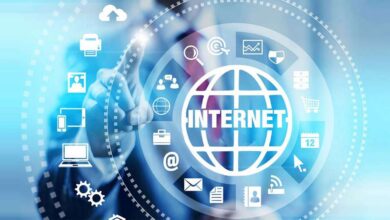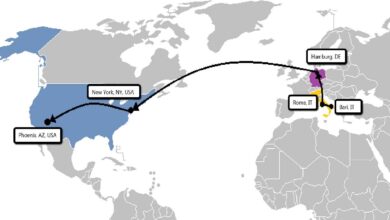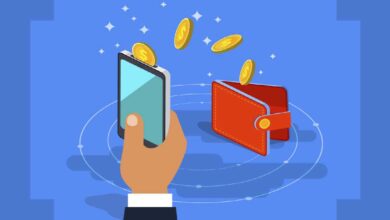
The internet is an amazing place to be as it offers profound opportunities to grow. At the same time, it can cause you a lot of trouble if you are not careful especially with what you are sharing on the web.
By simply visiting a website, you are leaving your traces that can be used by the website to know who you are and collect data such as your location, the device you are browsing from, the ads you clicked on the browser you are using, your device’s battery level, and much more. All this is revealed without even asking for your permission.
Why do websites collect your information?
The main reason why websites want to collect the maximum information about you is that they want to show you targeted ads and for that, they make use of cookies.
Cookies are text files that the site places on your device on your initial visit. It is because of this cookie that the site knows that you are a returning visitor. It may be convenient for you but it is not safe all the time.
There are 3rd party cookies too that are not placed by the website you have visited but by some other site. They are advertisers or marketers who keep a track of your online activities in order to provide relevant ads.
Details about who you are, what your interests are, where all you have been to, and with whom you have been in touch gets revealed to advertisers by your internet providers. By placing all the details together, a very detailed profile of yours gets built.
What is your IP address and why you should protect it?
An IP (Internet Protocol) address tells your device’s geographical location and every device has one. It helps websites in identifying your device and tune in your browsing experience accordingly. It is not just your PC, laptop, tab, or smartphone that has one; even your router has a unique IP address. In short, websites use the IP address to tell apart from one device from another.
Protecting it is extremely important because once hackers access your IP address, it can be quite a threat to you. Hackers can block you from accessing certain websites or make it impossible to post messages or comments. They can carry out attacks like a Denial of Service (DoS) attack. Most often, the victims are organizations. To best protect your IP address, make sure you opt for a reliable VPN(Virtual Private Network) service or use a firewall.
What are the threats to your online privacy and how to protect it?
There are many threats to your data and privacy on the Internet and they include the following:
1. Using public Wi-Fi
It may be too tempting to use the free Wi-Fi service available at your favorite café to browse at ease. However, when it comes to your safety online, it is not the right thing to do.
With public Wi-Fi, you will not be able to tell who is watching over you. When you are logging in to something as confidential as your bank’s mobile banking account, it is not safe to use the free public Wi-Fi.
The solution to this problem is that you need to make use of a VPN service to get all the data sent over the network encrypted. Though there is a service fee attached to the use of the VPN, it is worth the investment.
2. Virus or malware attack
Your device that is used for browsing the web is always at the risk of getting infected with a virus or malware if there is no protection.
Viruses can corrupt your files stored in the device and hackers can steal your confidential information. Also, you can be stopped from accessing the data on your device and a ransom can be demanded to get it all back.
The way out is to install an antivirus program on your device and get it updated periodically for complete protection from all kinds of viruses and malware. So, you need to protect all your devices including your PC, laptop, and tab by getting an effective antivirus program installed.
While social media is a great way to connect with friends and family, you are at risk of revealing a lot of information to practical strangers.
People who don’t know you can gather a lot of information about you and track your location. Not only that, they can find out where you work and what you do every day. This can put you in a vulnerable situation.
To protect yourself, you need to lock your social media accounts and share your details with only those whom you know. In case you don’t want to lock down your social media account, don’t fill your profile with personal information. Keep it minimal. For example, stop checking in to different places you visit in a day on Facebook. This will protect you from the prying eyes of conmen.
The Bottom Line
It goes without saying that you need to protect your privacy online in order to save your confidential details from getting into the wrong hands. Your device and data have to be protected from viruses, malware, and ransomware. Use of public Wi-Fi has to be avoided and personal details on social media accounts have to be kept minimal in order to stay protected.



